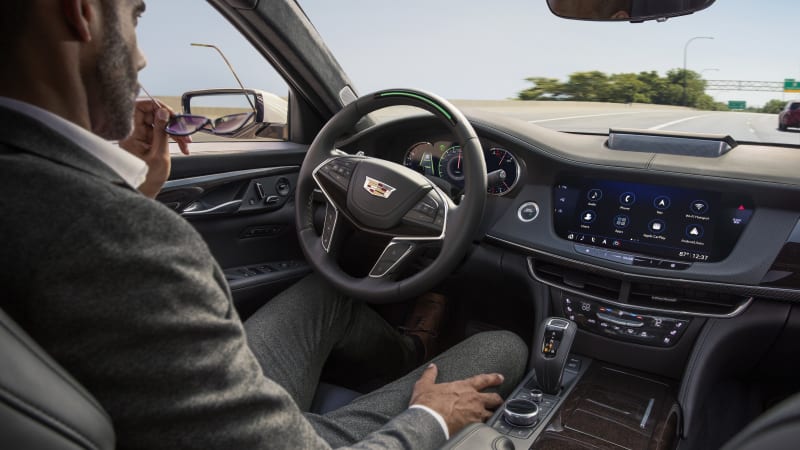Driver-assist technologies may encourage distracted driving: Study
https://ift.tt/2ZsQZDP

Common driver-assist technologies like adaptive cruise control and lane-keep assist are meant to keep vehicle occupants safe, but a new study finds that they also make distracted driving more likely — especially with drivers who are more familiar with the technology.
The AAA Foundation for Traffic Safety reports that drivers who use both safety technologies were more likely to be distracted — by their mobile phones, adjusting the car stereo or other controls, or simply taking their eyes off the road — when they were accustomed to the advanced driver-assistance systems than those who were using them for the first time. The study authors say the disparity could reflect “a lack of trust in the automated systems.”
The Virginia Tech Transportation Institute combed through data from two previous studies. In one, researchers observed 30 people driving their own personal vehicles for the equivalent of one year’s worth of data. In the other, they gave 120 participants a study vehicle and observed each of them driving for a month. All the vehicles featured adaptive cruise control and lane-keeping assistance systems. They were also equipped with video cameras and sensors to collect data about the driver and other information.
Drivers in the former group with their own cars were 50% more likely to engage in secondary tasks and 80% more likely to engage in visual or manual distractions when using the semi-autonomous systems, researchers found. They also took more frequent and longer glances at non-driving-related tasks and kept their eyes on the road less.
Participants in the other group were less likely to be distracted while adaptive cruise control and lane-keep assist systems were engaged than they were during manual driving. But these drivers, who received leased vehicles and some training on how to use the systems, were slightly more likely to speed when both systems were active than the drivers who used their own vehicles.
The researchers theorize that people may become over-reliant on automation features the more familiar they become with them. They also note that the group of drivers who operated their own vehicles did not receive the same training on the safety systems, despite ostensibly receiving some information about them before or after purchasing their vehicles.
The study adds new wrinkles to what we know about distracted driving, which accounted for 3,166 fatalities in 2017, according to the National Highway Traffic Safety Administration, and the emergence of semi-automated driving systems. Earlier this year, the Insurance Institute for Highway Safety issued a study in which it found that, while usage of phones while behind the wheel dropped, more people were using them for texting or other messaging while driving.
Auto Blog
via Autoblog https://ift.tt/1afPJWx
December 26, 2019 at 01:22PM
